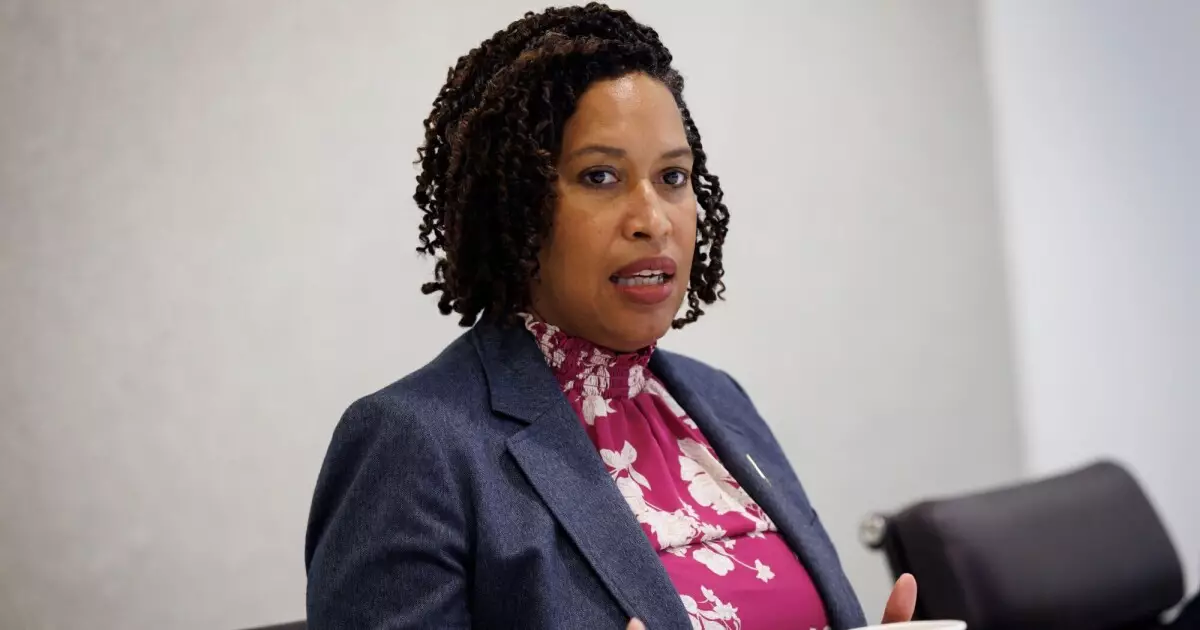The Washington, D.C., City Council is considering a controversial proposal to eliminate the tax exemption on interest on out-of-state municipal bonds. This move, aimed at increasing revenue for the district, has sparked a debate between the council and Mayor Muriel Bowser, who is firmly against further tax hikes. In a letter to Council Chair Phil Mendelson, Mayor Bowser expressed her disapproval of the proposed $180 million in new taxes and fees, including the elimination of the tax exemption for out-of-state municipal bonds.
The District of Columbia operates on a four-year budget cycle and is required to submit balanced ledger sheets to avoid a congressional takeover. The second budget vote is scheduled for June 12, with final approval and certification coming from the city’s chief financial officer, Glenn Lee. Lee has been advocating for replenishing the city’s reserve funds to ensure the district’s financial stability. Despite initial disagreements, the budget process seems to be moving forward with provisions addressing the Chief Financial Officer’s concerns.
Some muni thought leaders view the elimination of the out-of-state municipal bond interest exemption as a concerning development in the broader landscape of muni tax exemptions. Tom Kozlik, head of public policy and municipal strategy at Hilltop Securities, warns that this move signifies a potential threat to the tax exemption policy at the national level. The proposed budget also includes other tax increases, such as raising real estate taxes on high-value homes, which could affect about 2,800 properties in the District of Columbia.
The budget discussions in Washington, D.C., began in April when Mayor Bowser submitted a $21 billion proposal that revealed a $4 billion deficit through fiscal 2029. The city’s chief financial officer, Glenn Lee, has been emphasizing the need to strengthen the district’s reserve funds since March. Lee highlighted the decreasing fund balance in a letter to the City Council, underscoring the importance of addressing the financial challenges facing the district.
Overall, the proposed tax increases and budget adjustments in Washington, D.C., have sparked a contentious debate between city officials, with concerns about financial stability and revenue generation taking center stage. The final budget approval and certification will hinge on addressing these issues to ensure the district’s long-term financial health and sustainability.

